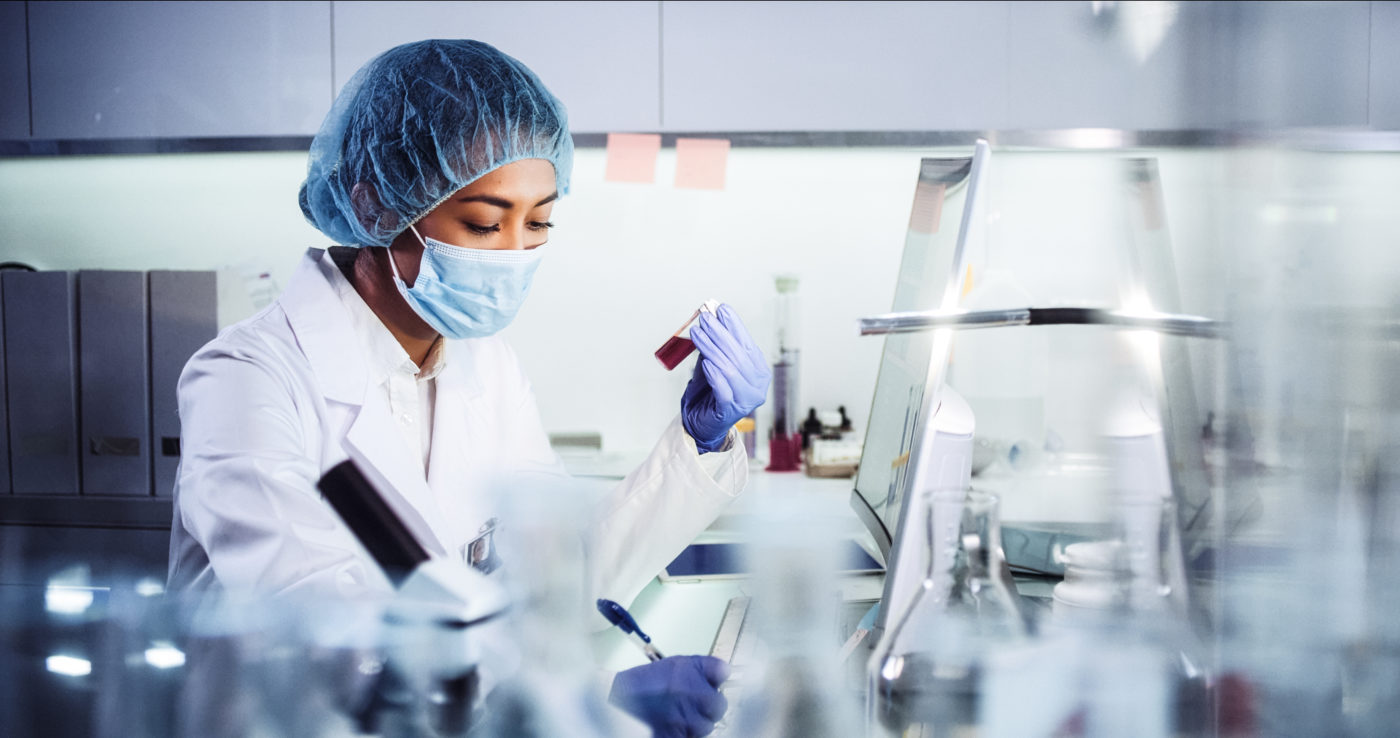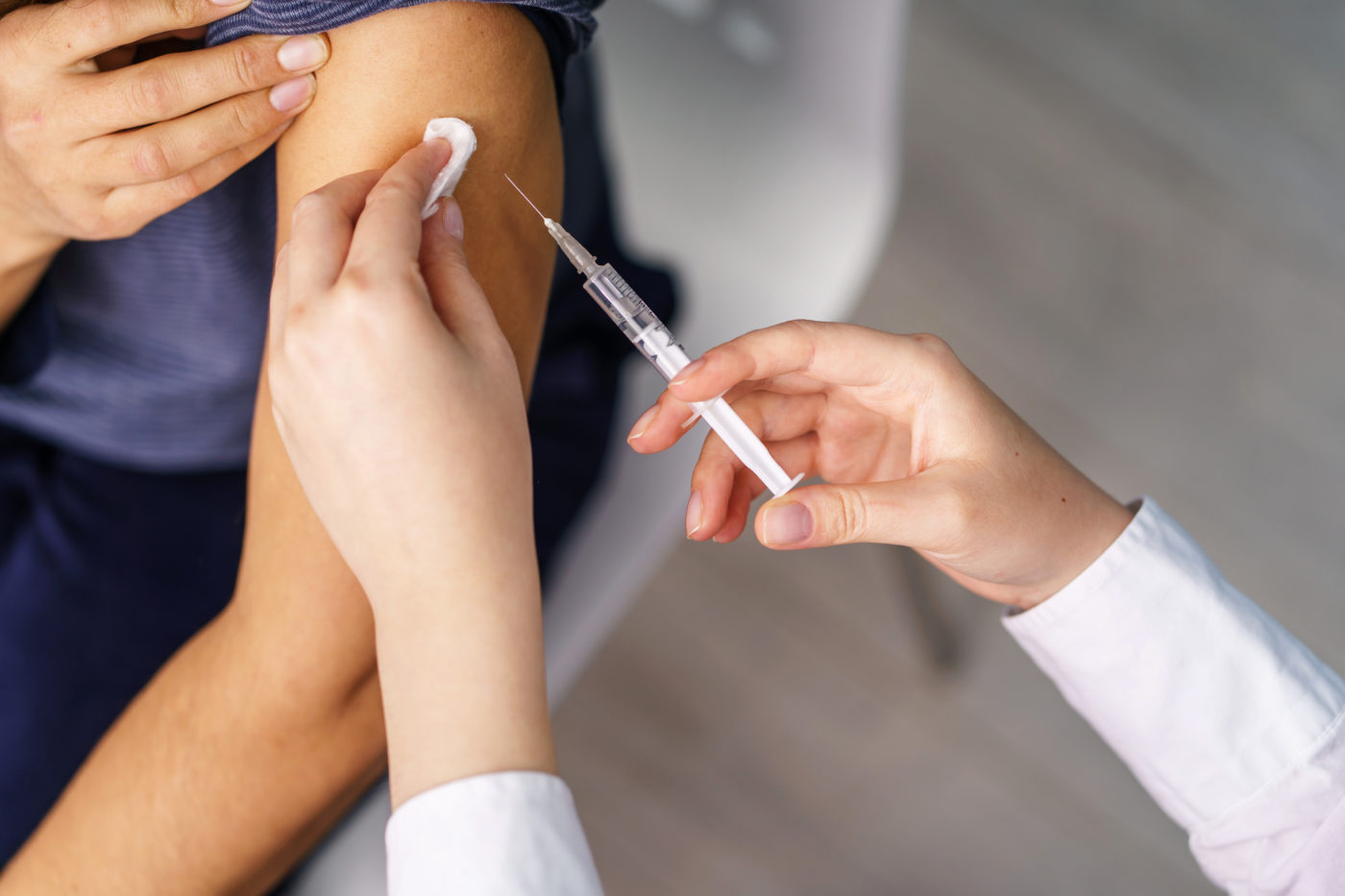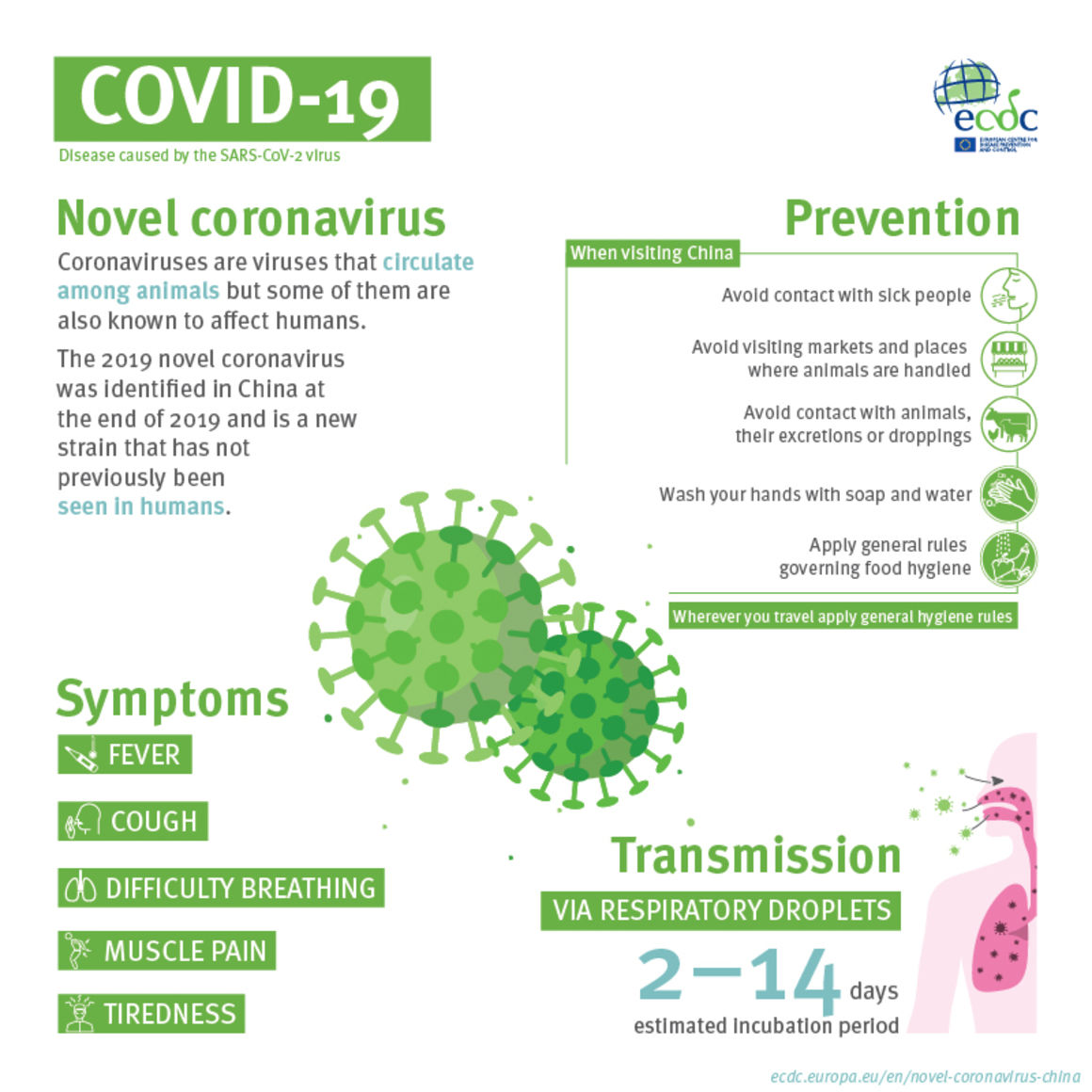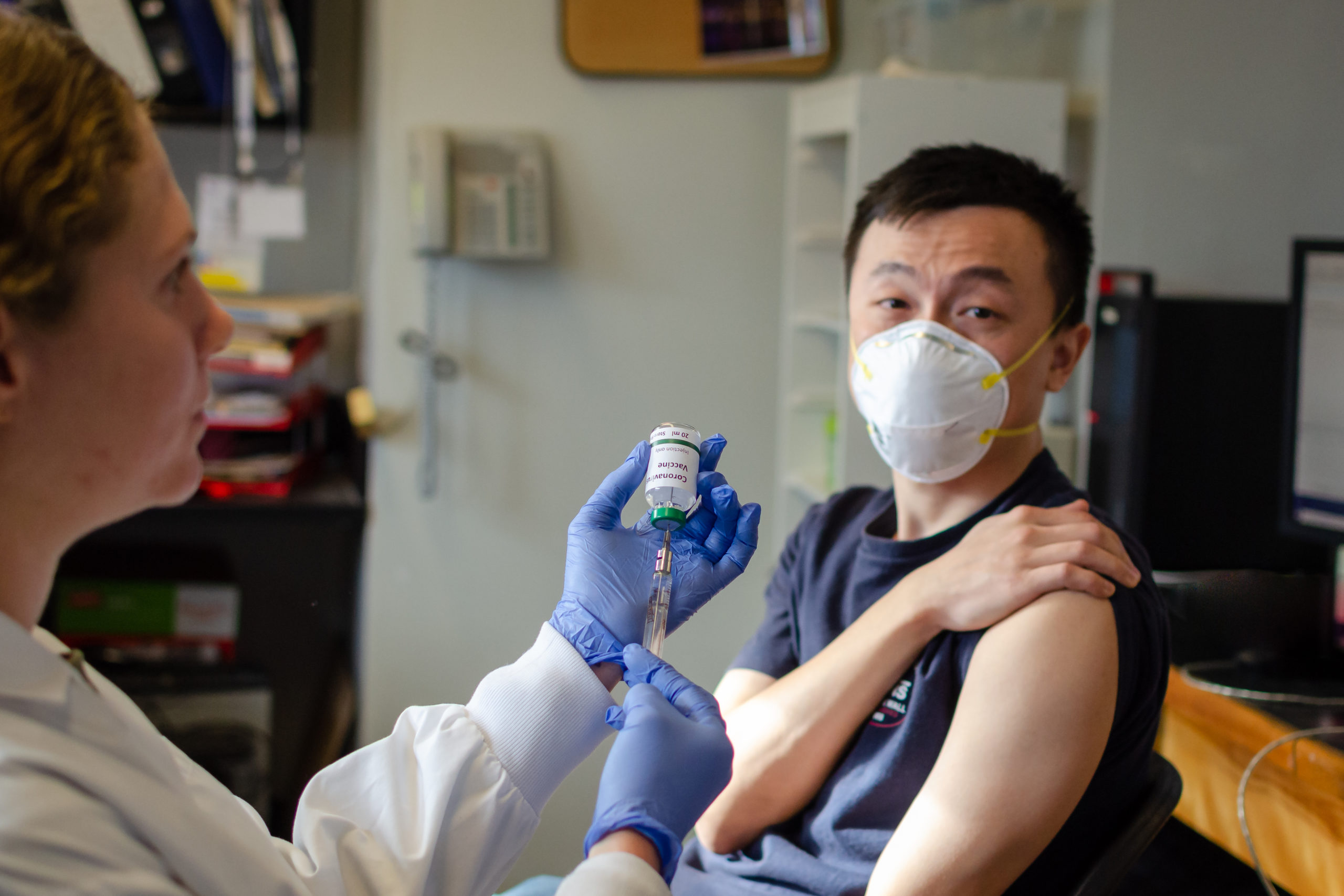We all know that the most common way to get infected is through physical contact with an infected person or object. However, there are other ways for infections to spread around, such as coughing and sneezing on surfaces that others can then touch without them knowing they have been exposed. The following article will describe the health precautions you should take to prevent these infections from spreading around. Here is the list.
Use HVAC Systems with Germicidal UVC light Systems
One of the best ways to prevent the spread of infections is by using HVAC systems with germicidal UVC light systems. This will help kill any bacteria or viruses present in the air and on surfaces. This is also an approved method of eliminating the airborne spread of Clostridium Difficile and MRSA. So, it is essential to get one installed if living in areas with a high risk of infection.
You can use the HVAC systems with germicidal UVC light systems in hospitals, hotels, restaurants, or any other public place where many people are coming and going. It will also help fight against the spread of viruses like SARS (Severe Acute Respiratory Syndrome) that have been known to cause infections worldwide if not taken seriously.
Wash Hands Frequently and Properly
Another important way to prevent infections is by washing hands frequently and properly. This means scrubbing your hands for at least 20 seconds with soap and water, making sure to get in between your fingers and under your nails. It would be best to dry them off with a clean towel.
It is essential to wash your hands often, especially before and after you eat, after you use the bathroom, and when you come in contact with someone who is sick. It would be best if you also carried around some hand sanitizer for times when soap and water are not readily available. With regular washing, you can help reduce the number of bacteria on your hands and decrease your risk of getting sick.
Use Hand Sanitizers
Hand sanitizer is a great way to prevent infections and viruses from spreading around, but it also has its limitations. For example, you cannot use hand sanitizer on surfaces that may get contaminated by food or drinks like tables or kitchen counters because they are moist all the time, which will make the hand sanitizer ineffective.
However, hand sanitizers are great for use on your hands before you eat and after using the bathroom. It is also a good idea to keep a small bottle of it in your pocket or purse so that you can use it when you’re not able to wash your hands properly. Just be careful not to use it too much because this can damage the skin’s protective oil and moisture barrier.
Regularly Clean Surfaces
To prevent infections, it is essential to clean surfaces regularly. You can do this with a disinfectant or a sanitizer. Both of these will kill bacteria and viruses present on the surface.
Some surfaces that you should regularly clean include doorknobs, handles, countertops, tables, chairs, desks, phones, keyboards, remotes, and anything else commonly touched by many people. It is also a good idea to clean your home regularly with a disinfectant to help reduce the number of germs and bacteria present.
Stay Home When You’re Sick
If you are feeling sick, it is important to stay home. This will help prevent the spread of your illness to other people. It is also advised that you stay away from public places until you have been symptom-free for at least 24 hours, especially if suffering from a respiratory infection.
Sick people should also cover their mouth and nose when they sneeze or cough and dispose of any used tissues properly. It is also a good idea to avoid contact with sick people, especially if you do not have immunity against that particular illness.
Seek Medical Attention Immediately
If you feel like you may have contracted an infection, it is essential to seek medical attention immediately. This will help get you the treatment you need and prevent the illness from spreading to other people.
By regularly visiting the hospital or doctor, you can be tested for many different infections before they develop into something more serious. For example, if a person fears they may have contracted HIV (Human Immunodeficiency Virus), it is essential to see the doctor as soon as possible so that testing and treatment can begin immediately. This will ensure that the infection does not get out of control or cause significant damage to your body.
There are several ways that you can help prevent the spread of infections and viruses, including using hand sanitizers, washing your hands frequently and properly, regularly cleaning surfaces, and staying home when you’re sick. By following these simple tips, you can help reduce your risk of getting sick and spreading infections to other people. Apart from these measures, it is also a good idea to visit the hospital or doctor if feeling unwell so that you can be tested for any infections and start treatment as soon as possible.




